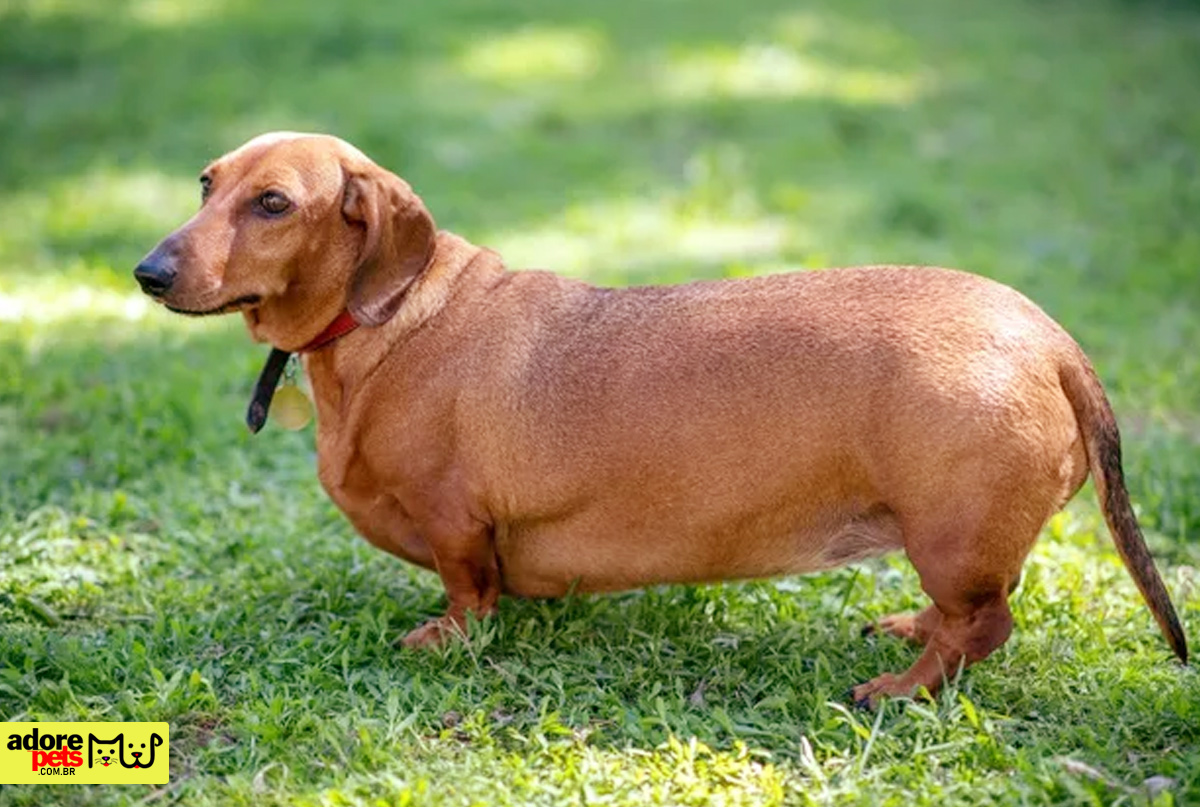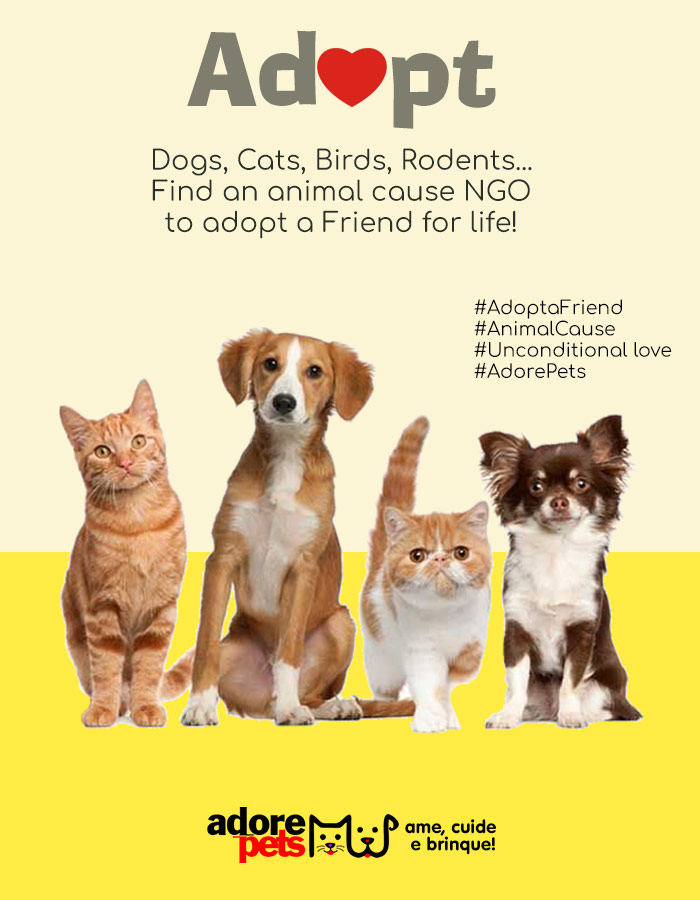Warning Signs: When to Seek Veterinary Help
Excess weight in pets can lead to various health complications, including diabetes, heart problems, and even a significant reduction in life expectancy. Identifying warning signs is crucial for timely intervention. If you notice your dog or cat gaining weight rapidly, showing a lack of interest in physical activities, or exhibiting respiratory difficulties, it's time to seek guidance from a veterinarian.
Veterinary Assistance: The Key Role in Pet Health
Veterinarians play a crucial role in maintaining pet health. When it comes to obesity, they can conduct a comprehensive assessment of the animal's health, identify possible underlying causes, and develop a personalized weight management plan. Professional intervention is crucial, as nutritional needs and weight loss methods vary among different breeds and individuals.
Weight Control Strategies: Home Care
Beyond veterinary assistance, guardians play a vital role in controlling their pets' weight. Proper nutrition is a key component. Opting for high-quality, age-appropriate, and breed-specific foods is essential. Establishing a consistent feeding routine and avoiding overfeeding are important practices.
Introducing regular exercise is also crucial. Dogs and cats need physical activity to maintain a healthy weight. Daily walks, interactive play, and toy sessions can help keep your pets active and fit.

Breeds Prone to Obesity: A Conscious List
Some canine and feline breeds have a genetic predisposition to obesity. Knowing these breeds can alert guardians to the need for additional monitoring. Among canine breeds, Labradors, Beagles, Bulldogs, Dachshunds, and Pugs are known for their tendency to gain weight. In the feline world, Persians, Ragdolls, and Scottish Folds are also prone to obesity.
Investing in the Future of Pet Health
Weight control in dogs and cats goes beyond aesthetics; it is a fundamental health issue. Active involvement of guardians and collaboration with veterinarians are key to ensuring our pets live long and healthy lives. By being aware of warning signs, seeking veterinary assistance when necessary, and implementing effective weight control strategies, we are investing in the future well-being of our beloved furry companions.
In the end, the love we share with our pets should manifest not only in hugs and pampering but also in conscious decisions that promote a full and active life for them. The battle against pet obesity is a shared responsibility between dedicated guardians and committed professionals, paving the way for a healthier and happier future for our beloved dogs and cats.















